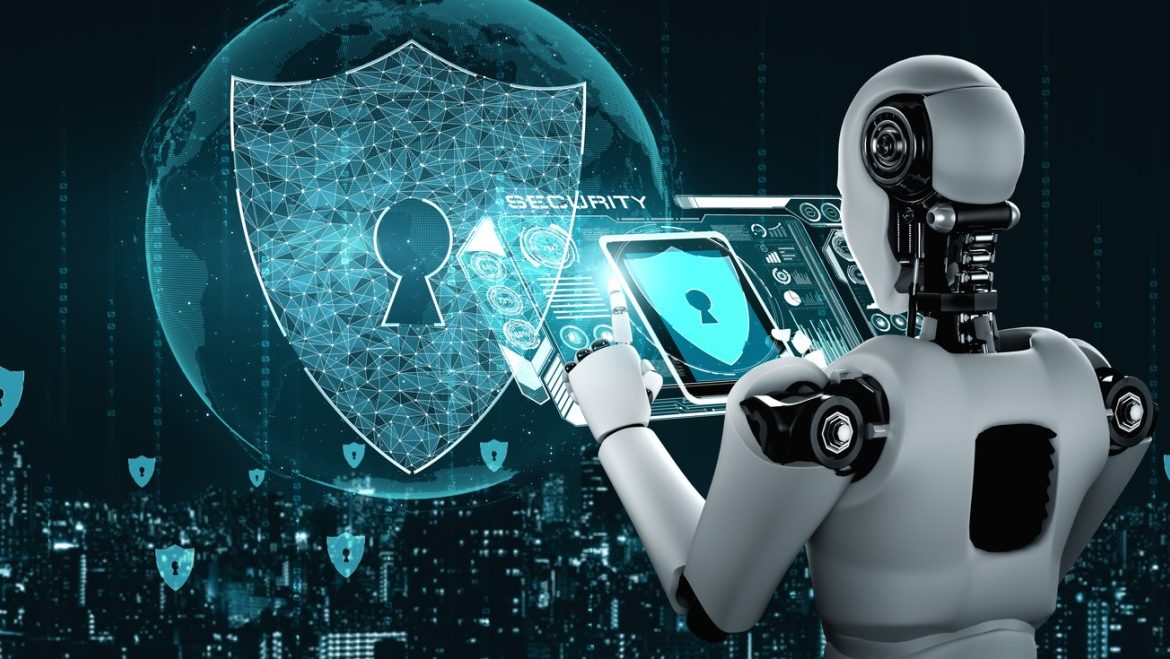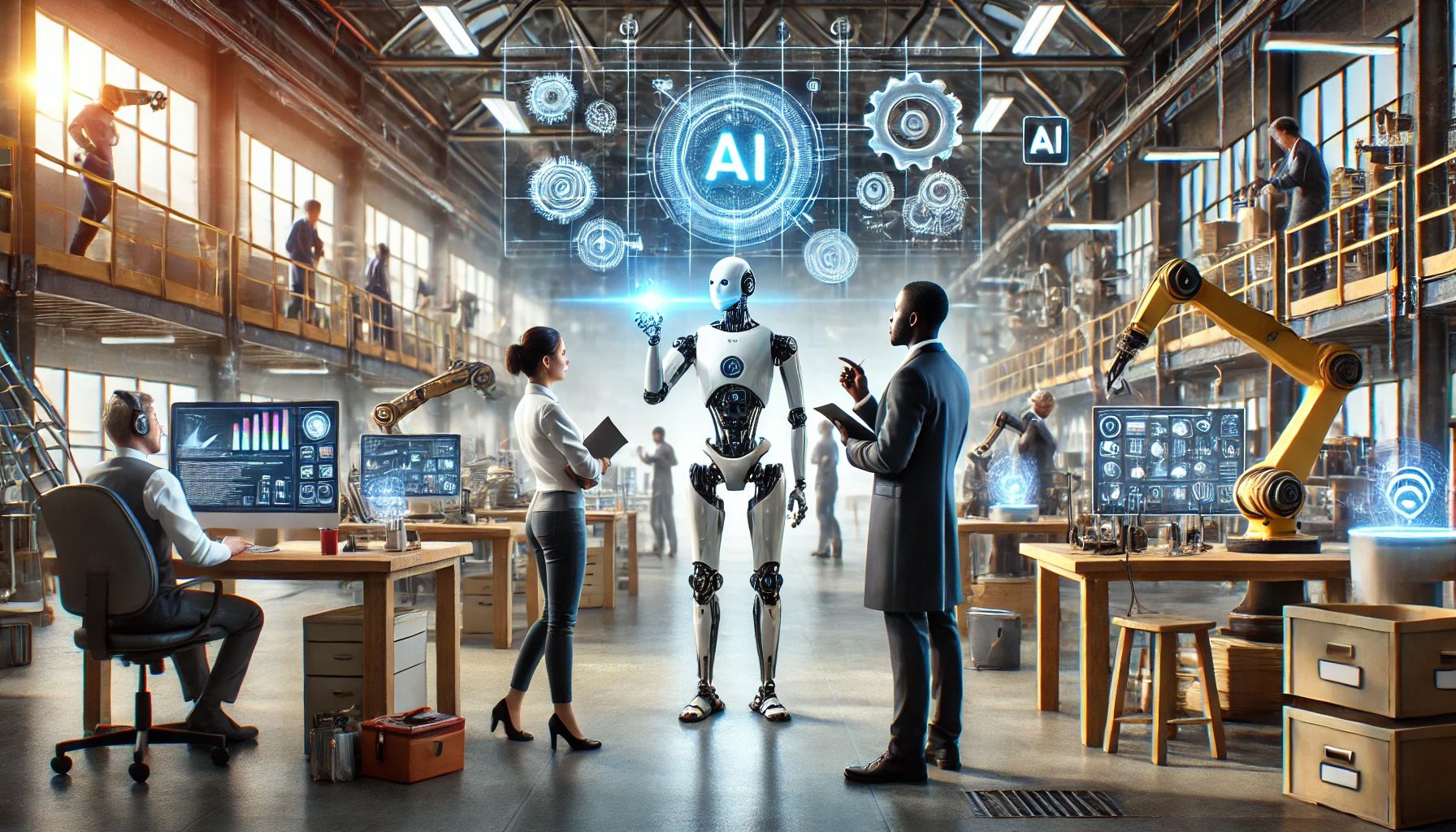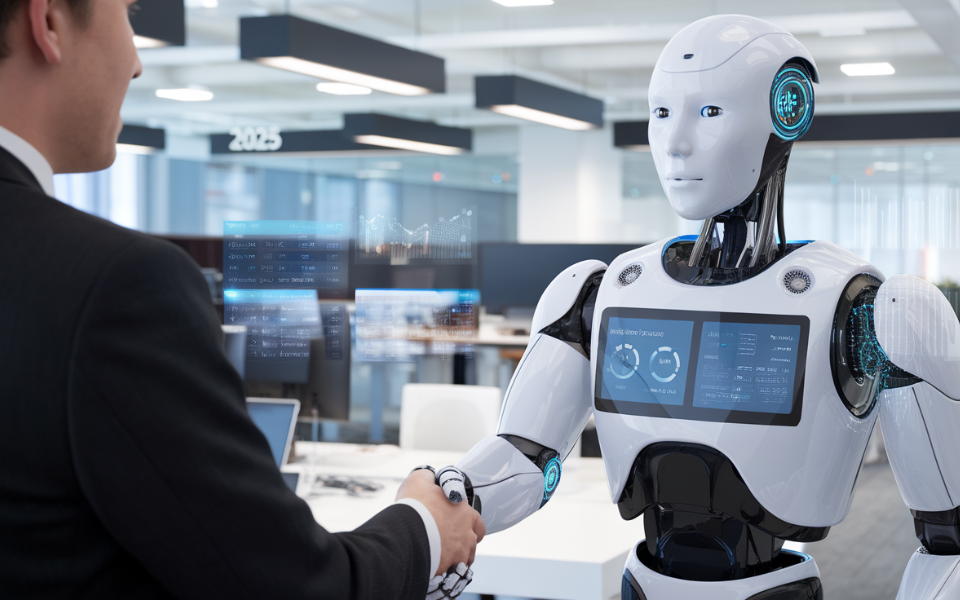Artificial Intelligence (AI) is rapidly evolving, offering transformative potential across industries—from healthcare and finance to marketing and security. But as AI becomes more intertwined with personal data, it brings with it an essential counterpart: privacy. Understanding the opportunities that lie at the intersection of AI and privacy is key to building a future where technology works for everyone—securely and ethically.
What Is the Role of Privacy in AI?
AI systems thrive on data. To make intelligent decisions, they often rely on vast amounts of personal information—behavioral patterns, biometrics, location history, and more. While this data can enable powerful insights, it also raises concerns about misuse, surveillance, and loss of control.
However, rather than being at odds, AI and privacy can work together. With the right strategies and technologies, AI can actually enhance privacy while continuing to deliver value.
Key Opportunities in AI and Privacy
Privacy-Preserving Machine Learning
Techniques such as federated learning, differential privacy, and homomorphic encryption enable AI to learn from data without ever accessing the raw information. These tools allow organizations to train models without compromising user confidentiality—creating a win-win for innovation and privacy.
Smarter Data Governance
AI can assist in automating compliance with privacy regulations like GDPR and CCPA. Intelligent systems can classify sensitive data, manage user consent, and detect policy violations—making it easier for companies to stay compliant while respecting user rights.
Personalized Services Without Intrusion
AI can create tailored experiences—like personalized recommendations or adaptive interfaces—without needing to deeply track users. By applying privacy-aware models, businesses can offer personalization while minimizing data collection and storage risks.
AI-Driven Threat Detection
Privacy is not just about preventing data collection—it’s also about protecting against breaches. AI-powered cybersecurity tools can detect unusual patterns, identify vulnerabilities, and respond to attacks faster than human teams, keeping sensitive data secure.
Empowering Users with Control
AI can be used to enhance transparency and control for users. For example, intelligent privacy dashboards or consent managers can help users understand and adjust how their data is used, putting more power in their hands.
Challenges to Navigate
While opportunities are vast, certain challenges remain:
- Bias and Fairness: Privacy protections must not compromise the accuracy or inclusivity of AI systems.
- Data Quality: Limited access to raw data can affect model performance, requiring more sophisticated training techniques.
- Regulatory Uncertainty: As laws evolve, staying up to date with compliance requires continuous effort and adaptation.
Conclusion
AI and privacy don’t have to be opposing forces. With thoughtful implementation and a focus on user-centric design, AI can help protect privacy while unlocking powerful innovations. The key lies in building systems that are transparent, secure, and respectful—so that we can harness the full potential of AI without sacrificing our fundamental rights.







Leave feedback about this